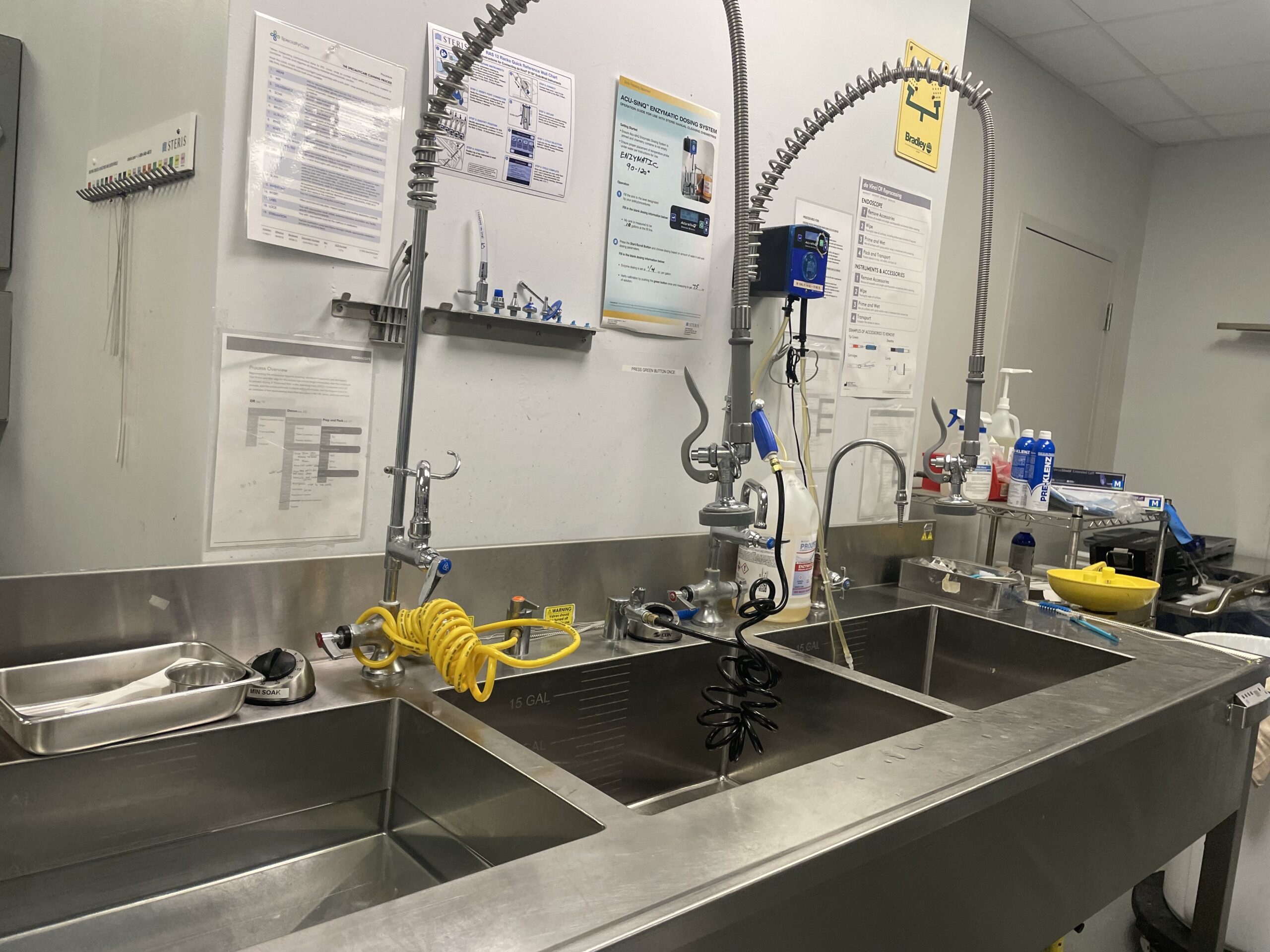
Editor's Note Research published in the American Journal of Infection Control finds that inadequate infection prevention and control (IP) staffing is associated with higher rates of healthcare-associated infections (HAIs), including central line-associated bloodstream infections (CLABSI), catheter-associated urinary tract infections (CAUTI), Clostridioides difficile infections, and colon surgical site infections. Medical Xpress…

Asking who, what, why, when, where, and how—otherwise known as the “5 Ws and an H”— is a time-tested way for writers and researchers to ensure comprehensive coverage of any topic. Here, we apply this framework from the perspective of sterile processing department (SPD) professionals seeking to start a water…

Editor's Note A 13-year study at US Veterans Affairs (VA) medical centers found a decline in both hospital-associated infections (HAIs) and antimicrobial resistance for common pathogens, MedPage Today August 15 reports. From 2007 to 2019, the overall infection rate of nine pathogens decreased, with an average annual percentage change (AAPC)…

Editor's Note Optimizing patient positioning can help reduce the risk of surgical site infections due to airborne contaminants in positive-pressure ORs, according to a study published August 12 in Nature: Scientific Reports. Maintaining higher pressure than adjacent spaces prevents entry of contaminants from environments external to the OR. For this…

Reforming instrument reprocessing practices does not always end with the main sterile processing department (SPD). Holding clinics to the same standard adds to the challenge, whether they are associated with hospitals or operate independently. Nonetheless, standardization is just as essential to maintaining efficiency and quality standards. Establishing and maintaining best…

Editor's Note New World Health Organization (WHO) guidance aims to prevent the occurrence of bloodstream and other infections caused by improper use of catheters during medical procedures. Released May 9, the global guidelines focus on insertion, maintenance, and removal of catheters during medical procedures, which can damage organs and cause…

Editor's Note Most healthcare-associated surgical site infections are not caused by pathogens acquired in the hospital, but by previously harmless bacteria already present on patients’ skin prior to being admitted, according to a study published April 10 in Science Translational Medicine. Surgical site infections account for the highest annual costs…

Approximately one in 31 hospital patients has at least one infection on any given day, according to the Centers for Disease Control and Prevention (CDC). In surgical settings, the risk is even higher, with up to 7% of patients developing an infection during surgery. These infections can lead to a…

Editor's Note Healthcare safety is moving in the right direction generally, but low perceptions of safety and rising reports of violence against nurses represent critical gaps that leaders should address, according to an April 2 press release on Press Ganey’s “Safety in Healthcare 2024” report. Focused on event reporting, workforce…

Editor's Note A new blood test developed by researchers in Australia could help diagnose sepsis and septic shock in just one hour, compared to the current multi-day methods. The Journal of Proteome Research reported the findings on March 21. Researchers collected blood plasma samples from 152 ICU patients. They used…